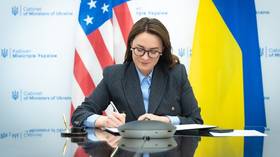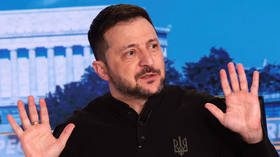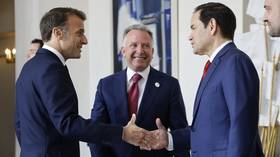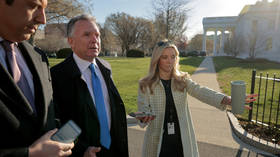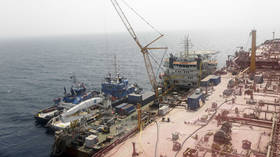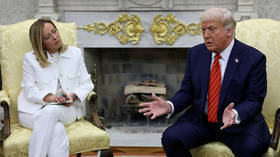Senators support criminalization of compliance with anti-Russian foreign sanctions
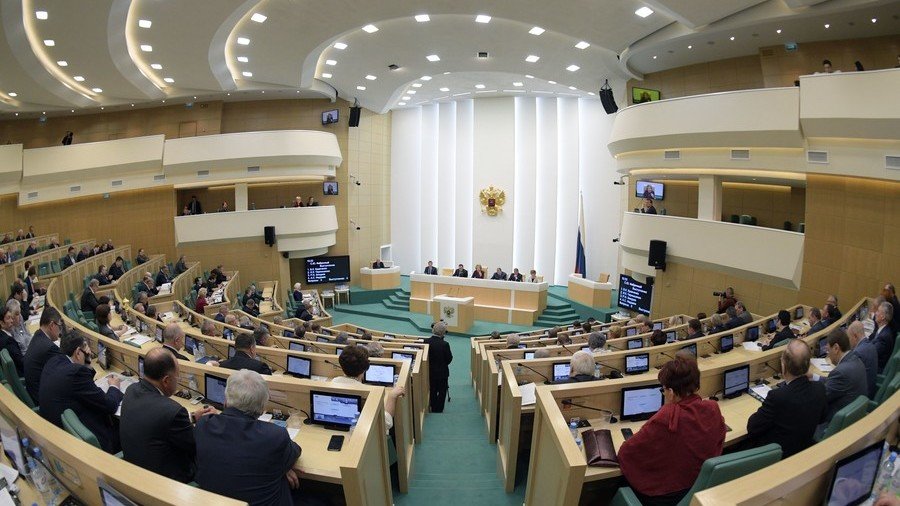
Russian Upper House MPs are poised to support a bill that introduces criminal responsibility for people and companies who comply with anti-Russian sanctions imposed by the United States and its allies.
“[Anti-Russian] sanctions imposed by the United States and other countries seek to contain the development of Russia as a nation and to infringe the rights of Russian citizens and companies,” Senator Andrey Klishas, head of the Upper House committee for constitutional law, told Izvestia daily. “If someone complies with these sanctions on our country’s territory, they should face responsibility for this.”
Deputy head of the committee, Senator Yelena Afanasyeva, agreed with her colleague but urged caution when applying the restrictive measures. “When Russian companies are not working in the interests of Russian citizens and the Russian state, they should be held responsible for this, including criminal responsibility. But we should also pay attention to small businesses that experience tremendous pressure because of the sanctions: their revenues have fallen and they have to cut their staff in order to keep paying salaries,” she noted.
Deputy chair of the Russian Upper House, Senator Yevgeny Bushmin, has agreed that new the anti-sanctions measures should be applied with maximum caution. “Primum non nocere. The primary concern should be to inflict no harm. This is the alpha and omega of the whole legislative process,” he said.
The proposal to criminalize compliance with anti-Russian measures in the latest anti-sanction bill was made by State Duma Speaker Vyacheslav Volodin in mid-April, soon after he and leaders of the parliamentary caucuses drafted the bill on countering the latest round of sanctions. Deputy head of the majority caucus United Russia, Andrey Isayev, has revealed that the proposal would be drafted, considered and most likely passed by the parliament before July 29, in the course of the current spring session.
In subsequent comments, Russian lawmakers explained that the new rules could target banks, retail chains or mobile service operators that work on the territory of the Russian Federation but refuse to work in Crimea.
On May 15, the State Duma is scheduled to hold the first hearing into the bill on reciprocal measures in response to Western anti-Russian sanctions. The draft, in its current form, stops all cooperation with the United States in the nuclear, missile and aircraft-building spheres. It also introduces restrictions on various American imports like food, pharmaceuticals, alcohol and tobacco. Another provision included in the current version of the draft is a proposal to allow Russian companies to produce various goods copyrighted in the United States or in countries allied with the US without getting licenses from copyright holders.






